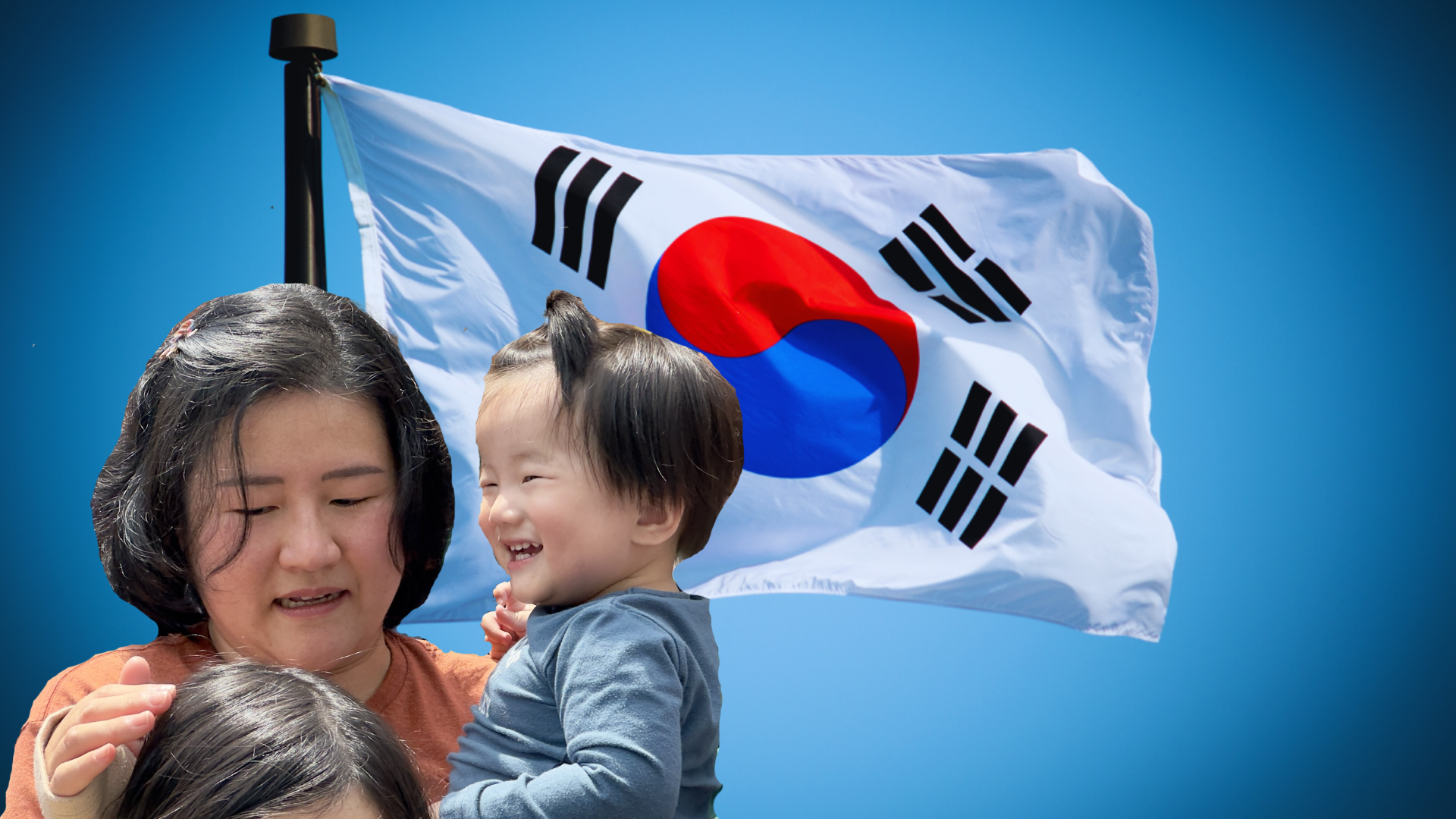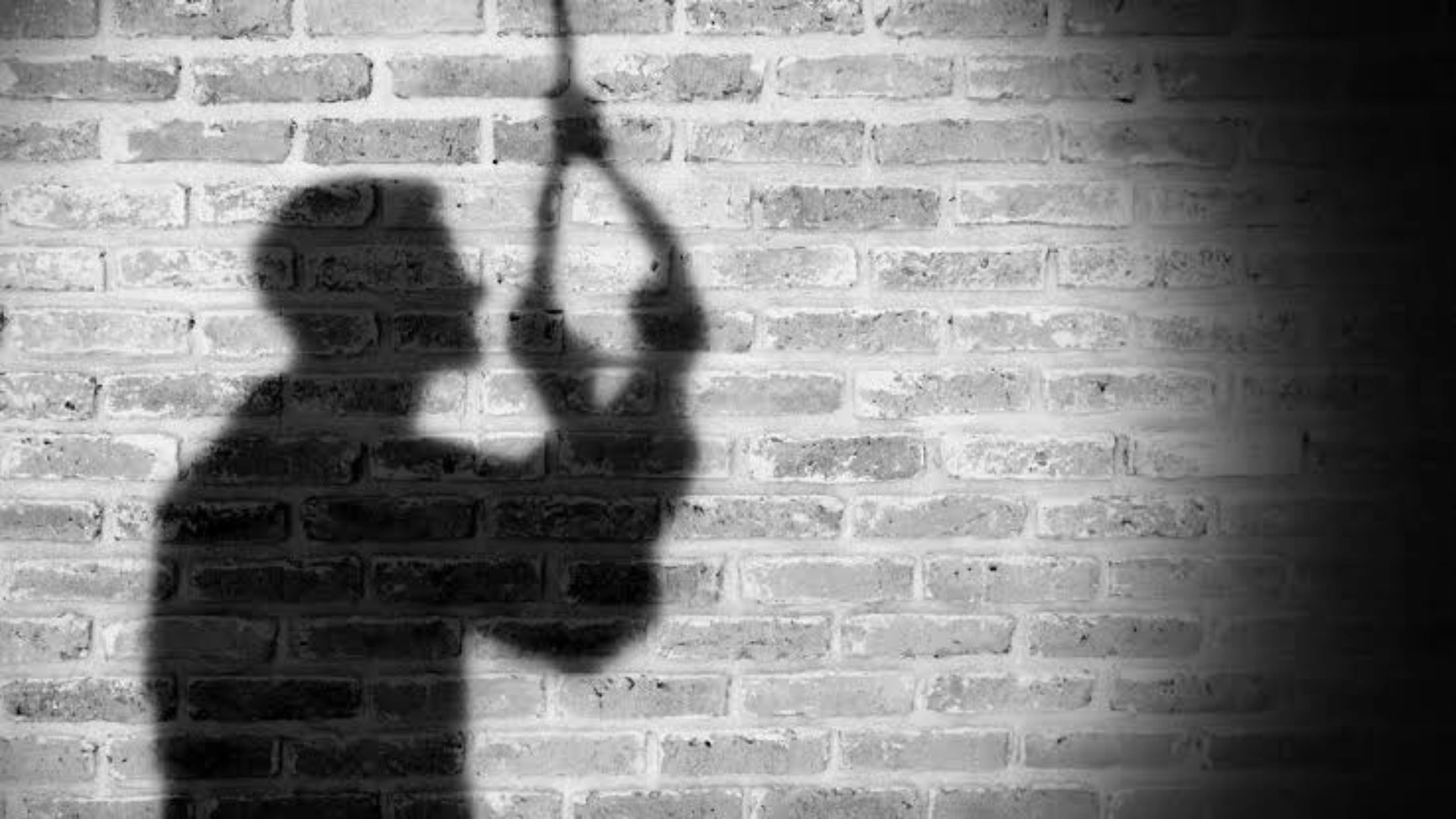Climate change has become all the buzz these days and it is for all the good reasons. Constant variations in weather and changes in patterns of precipitation are indicators of the worsening conditions worldwide. In lieu of this people are coming out and voicing their opinions and taking action against the adverse impacts.
In a recent development today, April 21, South Korea’s Constitutional Court will hold its final hearing in the case known as the “Baby Climate Case.” Climate change cases have gained momentum all over the world and the cases have risen from 884 in 2017 to 2180 in 2022 but this case holds a special significance.
As we know kids have been taking the forefront in the battle against climate change and one good example of that would be Greta Thunberg, but this case is even more significant as one of the plaintiffs is just one year old, which makes them the youngest individual to participate in climate litigation. Secondly, it is the first time an East Asian country has taken the initiative to challenge the national climate policies.
Additionally, another recent occurrence involved a group of elderly women in Switzerland famously nicknamed the ‘Climate Grannies’, who achieved the first-ever climate case victory in the European Court of Human Rights.
The Nitty-Gritty Of The Case
In the initial hearings, the litigants alleged that the South Korean government had failed to address the climate change crisis. The case argues that the government neglected to protect 200 people, including dozens of young environmental activists and children, by not adequately addressing climate change. This follows the consolidation of four similar cases filed between 2020 and 2023. On Tuesday, May 21st, South Korea’s Constitutional Court will hold the second and final hearing in the Woodpecker et al v South Korea case.
Speaking about the most famous face in the case Choi Heewoo who is known as the woodpecker, has just turned one year old. His mother, Lee Dong-Hyun, had said in 2022: “I am proud every time a 20-week-old fetus moves in my belly, but I feel sorry and regretful that this child who has not emitted even a gram of carbon dioxide has to live with the current climate crisis and disaster.”
She contended that the South Korean government is shifting the responsibility of reducing carbon emissions onto future administrations and younger generations. “The more we think this task can be delayed now, the bigger the burden our future generations will have,” she was quoted as telling NPR. “I think it’s the same as passing on a debt to your children.”
The litigants have argued that the government’s climate goals are not up to the mark. Under its present nationally determined contribution (NDC) towards fulfilling the UN Paris Agreement, the government aims to decrease the country’s greenhouse gas emissions (GHGs) to 40 percent below 2018 levels by 2030.
The Climate Action Tracker indicated that at the current rate of progress in South Korea, the global temperature is projected to increase by at least three degrees Celsius.
Moreover, the plaintiffs argue that the government is lagging behind in reinforcing its citizens’ fundamental rights:: the right to life, the right to pursue happiness, the right to general freedom, the right to property, right to a healthy environment. Moreover, they have failed to provide protection from natural calamities.
The Impact
Nature has reported that this case comes at a very pivotal point as the countries will be updating their NDCs next year. Should the court rule in favor of the plaintiffs, South Korea would be compelled to adopt more ambitious climate plans in its next round, extending until 2035.
Furthermore, the court’s ruling will resonate across Asia. Sejong Youn, who is a legal counsel for the case in Seoul, told Nature, “It will send a message: all countries need to take action in order to tackle this global crisis, and there are no exceptions.
Climate litigation researcher Masako Ichihara at the Kyoto Climate Adaptation Centre in Japan also informed Nature: “It’s a very big and significant case in Asia.” That’s because individuals in Asian countries are generally less inclined to resort to litigation to challenge government policies. “Litigation is a last resort,” she said.
Experts contend that even in the event of an unfavorable outcome, the case will establish a precedent and shift the perspective on how climate litigation is perceived. Dr Mingzhe Zhu, a lecturer at the University of Glasgow, UK, told Euro News: “Even if you lose this time, you can lose beautifully in the sense that you provoked social awareness. The very fact that this case went to the constitutional court — that is already a certain sense of success,” he said.
Climate Change In India
In recent times, India has also been grappling with the effects of climate change, evident in recent heatwaves and shifts in rainfall patterns across the country. The fundamental rights guaranteed in our constitution also safeguard our right to have a healthy environment.
Although India has taken many initiatives to cut down on fossil fuel consumption and implement green energy consumption in order to reduce GHG emissions, the road ahead is long, and even with the pace that we are moving with it would not be possible to mitigate the climate problem at hand. At the heart of the problem lies the need for proper policy measures and a collaborative partnership approach to resolve it.
ALSO READ : One Dead As Fatal Turbulence Strikes London-Singapore Flight


















